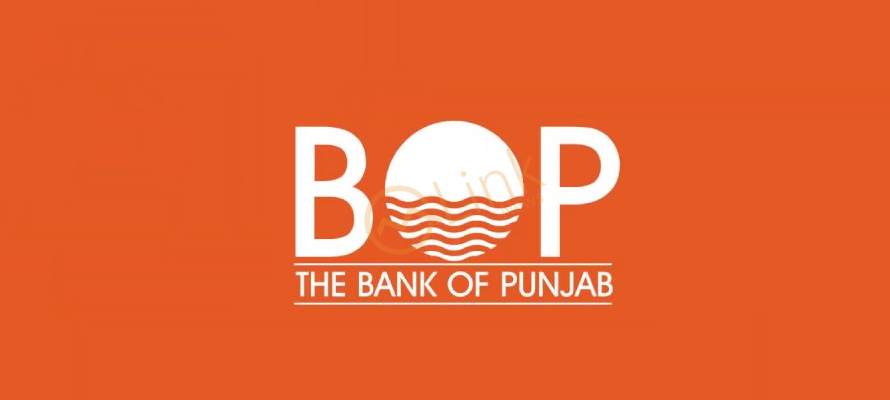April 26, 2022 (MLN): Income tax returns and wealth statements do not completely establish the source of funds of a customer, SECP in its latest version of Frequently Asked Questions (FAQs) on anti-money laundering and countering the financing of terrorism (AML/CFT) said.
The purpose of these FAQs is to facilitate understanding of SECPs’ regulated persons (RPs) under the AML/CFT regime and to meet evolving regulatory expectations for anti-money laundering and sanctions compliance.
Responding to a question about whether SECP can solely rely on the wealth statement reported with the income tax return of a client for enhanced verification of the Source of Wealth (SoW) and Source of Funds (SoF) of a particular customer, SECP said “income tax returns and wealth statements do not completely establish the source of wealth/ funds of a customer and only provide evidence against income/wealth sources regarding predicate offense of tax evasion.”
SECP further stated that it is useful to obtain a wealth statement reported with an Income Tax return for the verification of the Source of Income/Wealth.
However, additional verification measures that could be applied for high-risk business relationships include, obtaining additional information on the intended nature of the business relationship, the reasons for intended or performed transactions, bank statements and obtaining approval of senior management to commence or continue the business relationship etc., it added.
“While routing of funds through banks is considered a safe mechanism under the risk factor of ‘Delivery channel’, however, it may please be noted that risk assessment and rating of a customer depends on the other three factors as well namely customer, product, and geography.”
It is important to note that as per FATF, AML/CFT obligations are imposed separately on every financial institution that is providing financial services. Hence, in this case, banks are not responsible for the obligations of SECP RP, and the responsibility for compliance with the AML/CFT Regulations will rest with the SECP RP.
In case the bank shares the KYC documents or information of a customer (For example in the case of Roshan Digital Accounts-RDA) to facilitate the process of customer onboarding at the RP’s end, SECP regulations allow a mechanism for third party reliance on CDD.
RPs may avail this facility after complying with
the relevant requirements as specified in Regulation 24, Reliance on Third Parties”. So, if banks share their CDD, and the RP is in compliance with requirements of Regulation 24, the RP can rely on it, otherwise, the RP must carry out its own customer due diligence measures, SECP said.
RPs may use the services of a technology solution provider or outsourcing agency for verifying customers against the identity evidence provided, for example by using biometric solutions like facial recognition and liveliness detection to identify and authenticate during the onboarding process. However, it is important to consider the application of ‘third party reliance’ in such cases.
Responding to why there is no objective straight-line AML/CFT requirement for all types of customers, why it has been subjective for the RPs to use their judgement under the AML/CFT Regulations for onboarding the clients, SECP underscored that the straight-line approach being referred is commonly known as ‘Rule-based approach’ which is highly discouraged by FATF.
The FATF emphasized that all FIs should follow a risk-based approach wherein, money laundering and terrorist financing risk posed by any customers are subject to risk assessment by the regulated entity. Please note that for all clients onboarded digitally or face to face, the regulated entity is responsible for ensuring compliance with SECP’s AML/CFT Regulations 2020.
Therefore, it is required under SECP AML/CFT Regulations 2020 that RPs should formulate their “compliance program” in line with a risk-based approach, SECP said.
Answering to why no separate AML CFT Regulations are being introduced for low-risk sectors/products, SECP responded that simplified due diligence is the lowest level of due diligence that can be completed on a customer. This is considered appropriate where there is little opportunity or risk of your services or customer becoming involved in money laundering or terrorist financing. SECP AML/CFT Regulations 2020 allows RPs to carry out Simplified Due Diligence (SDD) subject to the condition that ML/TF risk has been assessed as low.
Copyright Mettis Link News







